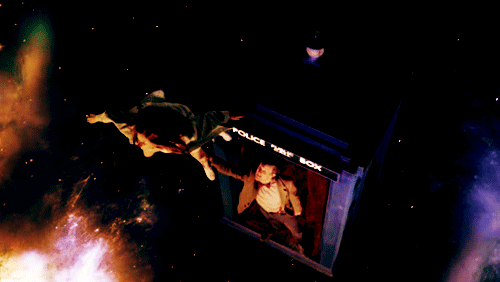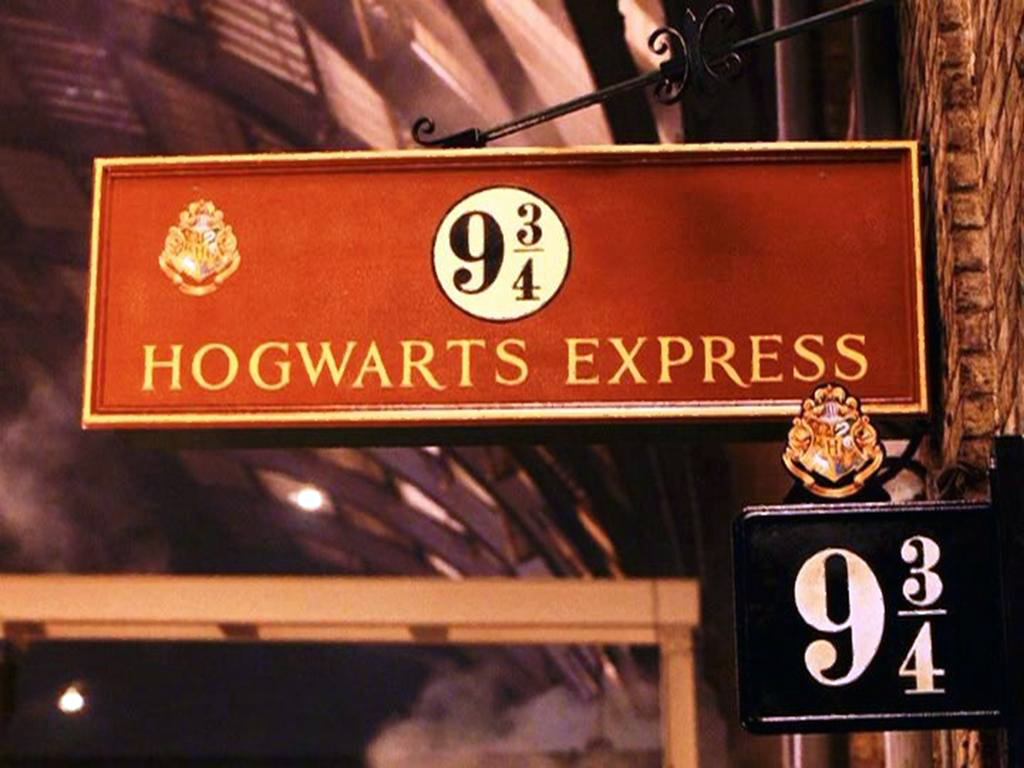1.
I love Shakespeare with true passion. Not the kind of passion where you see all your friends reading Kerouac, and you grab a copy of On The Road from the used bookstore to fit in. The kind of love which had me toting around my uncle's Shakespeare textbook the summer before ninth grade. It inspired me to take two Shakespeare classes - once in high school and again in college. It even makes Twelfth Night comfort reading.
Yes, that makes me a dork. And an English major. I'm okay with that.
2.
Okay, to be perfectly honest, I love his comedies and a select few of his tragedies (not Romeo & Juliet, which I had to read multiple times for school). The histories always fail to hook me in the first Act. Also, they're histories. The word itself implies epic multiple choice tests and long essays on Queen Elizabeth I, not awesomeness.
3.
Now, a ton of people will tell you that middle grade readers can't read Shakespeare. And I don't recommend you passing your ten-year-old a fancy antique copy of King Lear and expecting them to wow you with memorizing the best parts.
But my parents did me a favor early in life. They gave me a copy of Charles and Mary Lamb's Tales from Shakespeare.
 |
| My copy didn't look like this, but I wish it did. Look! This is obviously for kids!! And JUDI DENCH wrote the intro!!! |
Now, you hear the Shakespeare purist screaming, "Nooooooooo, don't let them read it! Those Tales butcher the Bard's beautiful poetry! You must only read Shakespeare's plays in their original form!"
Ignore that dude. He doesn't know what he's talking about.
For a kid, language is beside the point; stories are the good stuff: Viola dressing up like her brother and getting into all sorts of scrapes because people think she's a girl; two couples running into the forest and tangling with the King and Queen of Fairies; three witches popping into MacBeth's life and telling him he could be king; Hamlet's uncle murdering his dad to usurp all of Denmark and Hamlet running around trying to figure out what to do about it; Prospero shipwrecking his sneaky brother on his island and sending Ariel to mess with his head. This is not like George Eliot, writing about a bunch of people talking in a place in England called Middlemarch (love that book too, btw). These stories are EPIC. They're as accessible and riveting as fairy tales
When you're little, you see Shakespeare painted on the wall in Barnes & Noble, and you figure he must be a good writer. No one tells you that he writes about AWESOME STUFF. Tales from Shakespeare whets your appetite for more.
Reading Tales from Shakespeare does one other thing for you: when one of your teachers finally assigns you MacBeth in tenth grade, you know what it's about without having to go check wikipedia first. Knowing the plot makes it so much easier to understand what's going on in each scene. Which brings me to my next point.
4.
Reading Shakespeare's plays can feel like reading in another language. Why? Because it IS another language.
Elizabethan England was half a millenia ago!! The awesome thing about language is that it's always adapting, evolving to fulfill our needs. For example, two decades ago, email wasn't really in everyone's dictionaries. And nobody knew what Expelliarmus meant. And some words go out of style - I still don't fully understand what an 8-track is, for instance.
In the five centuries or so from Shakespeare's day, we've lost a lot of words and phrases. That's why any copy of a Shakespeare play worth its salt has a glossary.
Any kid in French class can tell you reading in another language is slow-going. You have to look up every other word, especially at the start. That's mainly why people give up on Shakespeare. It's hard to figure out what's going on.
But any good French student will tell you that it gets better with practice. You start understanding the rhythm of the sentences; words that looked foreign suddenly make sense: "Anon" starts to mean, Wait a sec! and "I prithee" starts to look like, Come on, pleeeeaaaasssseeeee in your head.
So, hang in there, young Shakespeare reader. Keep trying. It's totally worth it.
5.
I bet you're waiting for me to tell you what Shakespeare means to me as a writer. All writers end up here at some point, thanking the Bard for his awesomeness, and I'm no different. When I think of what Shakespeare taught me, I think of a few things:
The first is how to use dialogue properly. Dialogue in any story should either a) move the plot forward, or b) reveal character. Actually, it's better if you can do both at the same time.
Shakespeare's plays do both. In fact, they do that all the time, pretty much in every line. Why? Because in a play, words are basically the only things on stage. You don't have a close-up of the actor's face to reveal emotion like in a movie; you don't watch the character's thoughts unfold like you do in a short story; you can't learn his backstory like in a few leisurely pages like you do in a novel.
Shakespeare had to use his words, and he does it splendidly. You can learn from him, people.
Joss Whedon - creator of Buffy, the Vampire Slayer and Firefly - says this about Shakespeare's dialogue too, btw. Check out this interview.
 |
| Shakespeare in Love - awesome film. But LOOK AT ALL THE PEOPLE IN THE THEATER!!! |
 |
| Ground floor = cheap seats. The box seats = the nobility and the wealthy. |
I learned one important thing in my high school class. It came from an awesome short book on Shakespeare, the name of which eludes me right now, but Ms. Todd - my teacher - drove it home:
Shakespeare was popular in his own time, because he included something for everyone.
He had the romance for the noble ladies betrothed to old dudes they'd never met; slapstick comedy for the working people who wanted a laugh before going back to their daily drudgery; intense power struggles for the politicians who tagged along to the theater after Queen Elizabeth I; flourishy language for the poets who kept trying to impress each other with their sonnets; dirty jokes for the teenage boys sneaking away from their apprenticeship duties; sword fights for the people who craved blood and action sequences; plus some fantasy, some ghost story, some family disputes.
In short, he didn't think of himself as an artist, who had to protect and nurture his pretty pretty words. He thought about his audience. He knew he had to entertain them, so they'd tell their friends and come back for more.
But he didn't stop there. He also worked from the big themes, tackled the big questions: how love can cause both jealousy and joy; the death of innocents and the rise of the greedy; the corrupting nature of power; the fantastic nature of life itself, etc.
Whenever critics dig their claws into popular literature for young people, I want to tell them this:
Like the Bard, you can do both at the same time. You can entertain, and you can capture the terrible wonder of being human. Stories like that transcend the telling. They step inside you and change the way you understand the world.
Shakespeare did that for generations.
Thanks, Will. You're my superhero.







